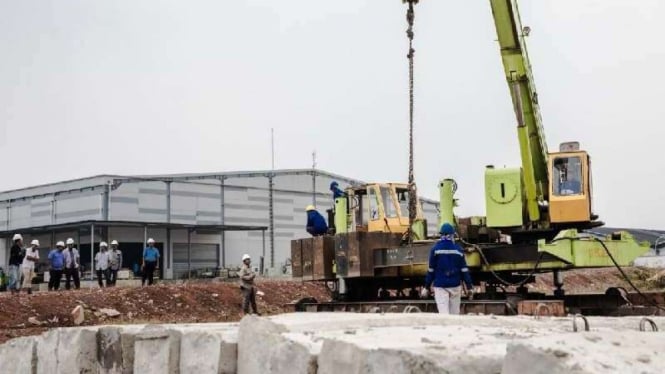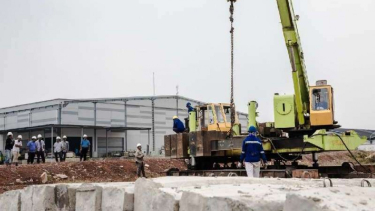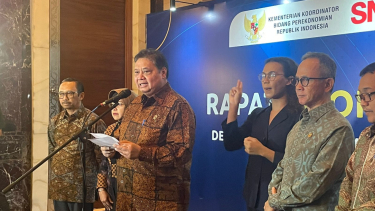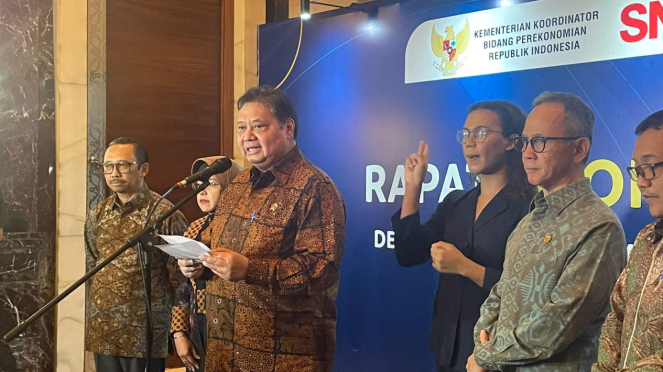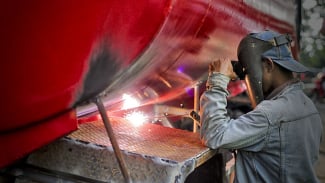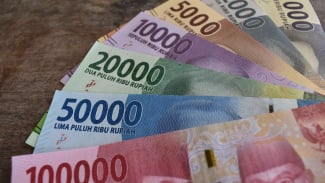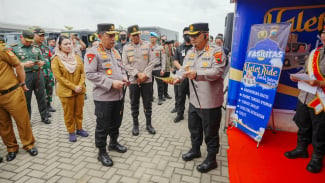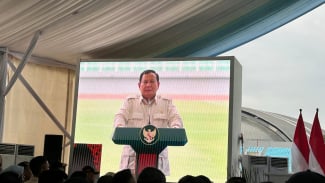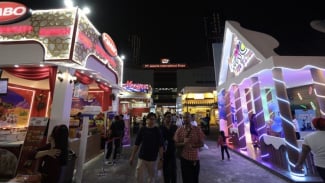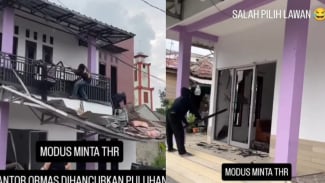Government Approves 14 New National Strategic Projects
- Dok. Istimewa
Jakarta – Indonesian government approved the proposal of 14 new National Strategic Projects (PSNs), all of which will be financed by the private sector and without the state budget. This was conveyed by the Spokesperson of the Coordinating Ministry for Economic Affairs, Haryo Limanseto.
He said that the 14 projects are of enormous investment value and will bring about far-reaching economic impacts through the sectors of transportation, infrastructure, energy, health, and telecommunication.
"The PSNs encompass not only physical infrastructure, as the projects are also meant to ensure an equitable economy, ample food stocks, as well as developments in border regions, technology, tourism, and education," he said in a statement, as quoted from Antara site.
Menteri Koordinator Bidang Perekonomian, Airlangga Hartarto
- VIVA.co.id/Anisa Aulia
He underlined that the development of the 14 new PSNs is fully funded by capital invested by private actors.
The official also noted that the government had initially coordinated with relevant stakeholders and conducted thorough studies before determining the new PSNs.
According to Limanseto, the 14 newly announced projects are scattered in several provinces, namely Riau Islands, Banten, Jakarta, West Java, East Java, East Kalimantan, Central Sulawesi, and Southeast Sulawesi.
In detail, the projects involve eight industrial zones; two tourism zones; two toll roads; one educational, research, technology and health zone; and one offshore oil and gas project.
Among the 14 projects is the development of an area of 1,756 hectares of land envisioned as a green tourism destination called Tropical Coastland in Pantai Indah Kapuk 2 area in Banten Province.
The tourism project is worth IDR65 trillion of investment and is projected to absorb almost 20,000 workers.
Another newly announced PSN is the development of a special economic zone (SEZ) on 59.6 hectares of land situated within Bumi Serpong Damai (BSD) satellite city in the same province. The project is expected to draw investment worth IDR18.54 trillion.
The planned SEZ, expected to empower 10,000 workers, is designed as a center for education, medical research, digital economy, technological developments, and healthcare.
In terms of healthcare, the zone will drive developments in medical and biomedical services forecast to generate IDR5.6 trillion of foreign exchange.


